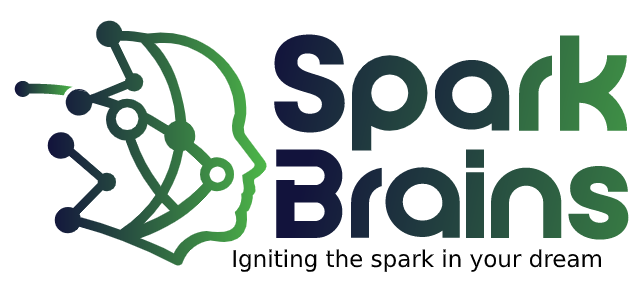Computer Vision
Enabling Machines to See
Computer Vision is a groundbreaking technology that enables machines to interpret and understand visual information from the world around them. By mimicking human vision, it allows computers to analyze images and videos, recognizing objects, detecting patterns, and making informed decisions. This capability is essential in various applications, from autonomous vehicles and facial recognition to medical imaging and surveillance systems.
How Computer Vision Enhances Technology
Computer Vision provides significant advantages across industries by automating visual tasks and improving efficiency.
Key Benefits of Computer Vision
Automated Image Recognition
Identifies and classifies objects in images.
Real-Time Video Analysis
Analyses video feeds instantly for enhanced monitoring.
Enhanced User Experience
Enables immersive experiences in AR and gaming.
Why Choose SparkBrains for
Computer Vision?

SparkBrains offers advanced Computer Vision solutions that leverage cutting-edge technology to automate visual data analysis. Our expertise in image recognition, object detection, and video analytics drives smarter decision-making and operational efficiency. With tailored solutions, we help businesses transform how they process and utilize visual information.
- Expertise in Advanced Algorithms
- Custom Solutions for Various Industries
- Integration with AI and Machine Learning
- End-to-End Support
Technologies Used in Computer Vision
Computer Vision leverages a variety of technologies to process and analyse visual data effectively
CNN
Deep learning models used for image recognition and classification.
Facial Recognition Algorithms
Techniques for identifying and verifying faces in images or videos.
Transfer Learning
Utilizing pre-trained models on new computer vision tasks to save time and resources.
OpenCV
Tools for manipulating and analysing images in computer vision tasks.
Object Detection
Algorithms for identifying and localizing objects in images in real-time. (YOLO, SSD)
AR
Tools for overlaying digital information on the physical world through cameras.
Deep Learning Frameworks
Tools designed for developing and training deep learning models. (TensorFlow, PyTorch)
OCR
Technology for extracting text from images or scanned documents.
Generative Adversarial Networks (GANs)
Used for generating realistic images and data augmentation.
